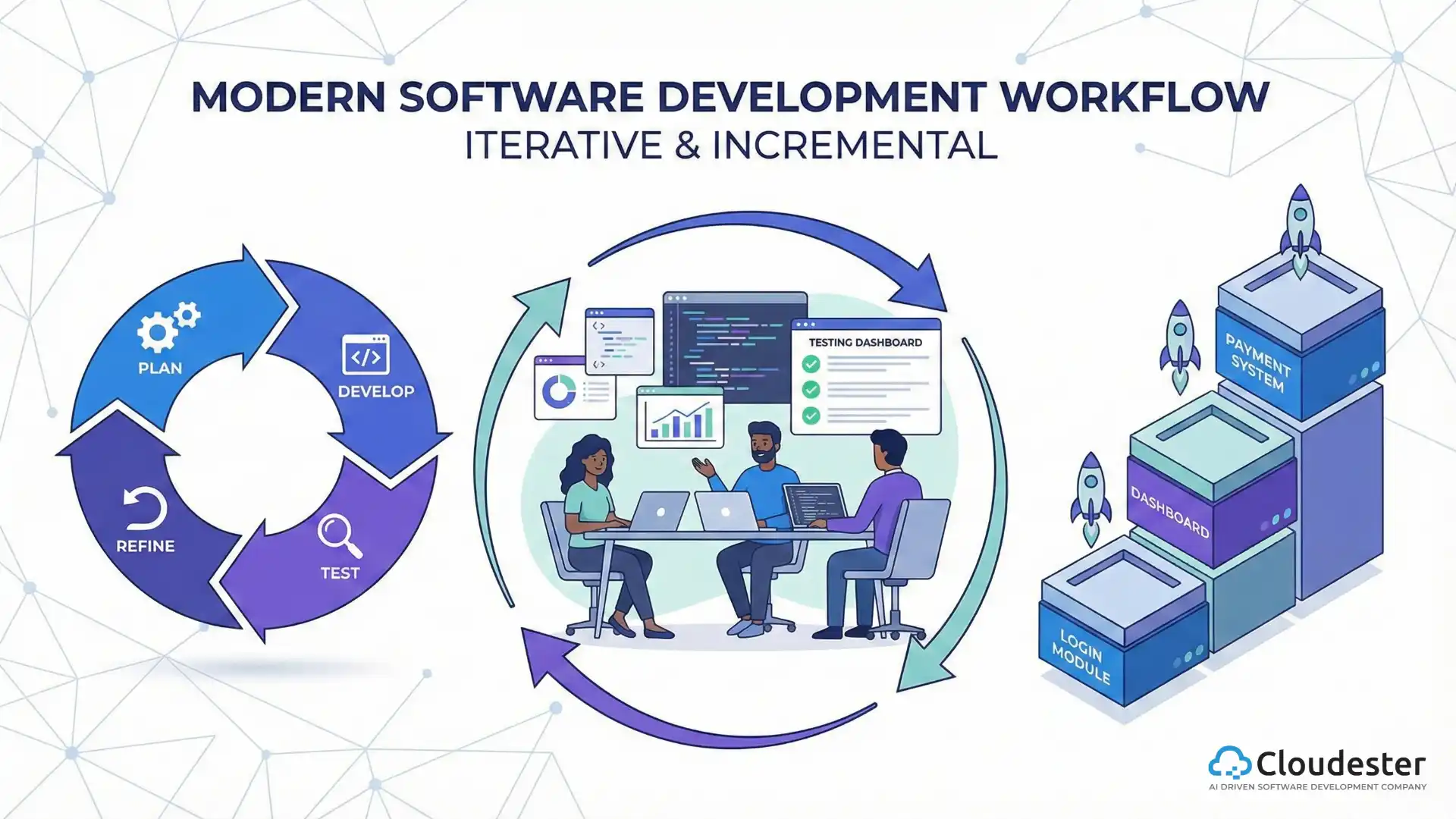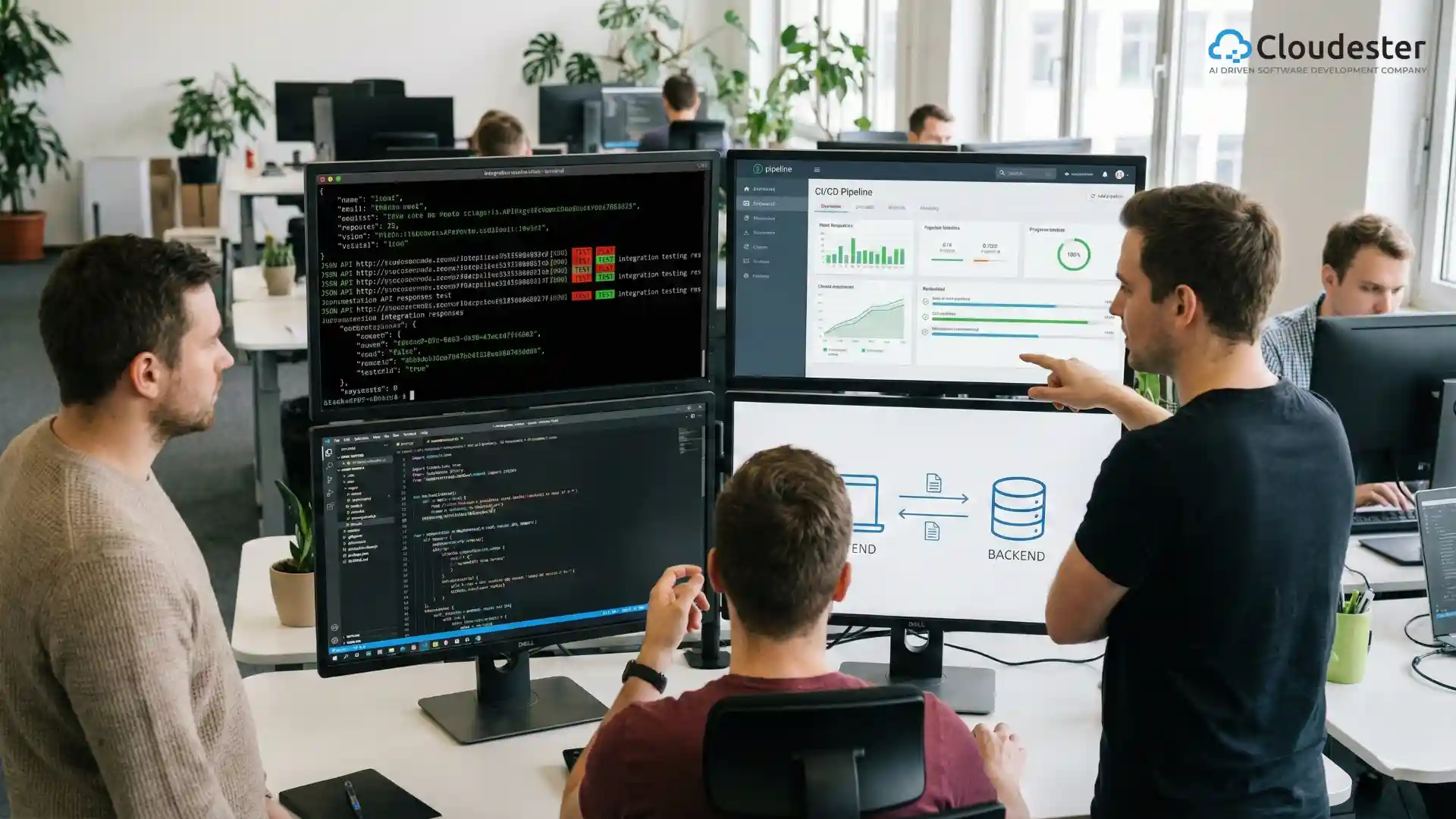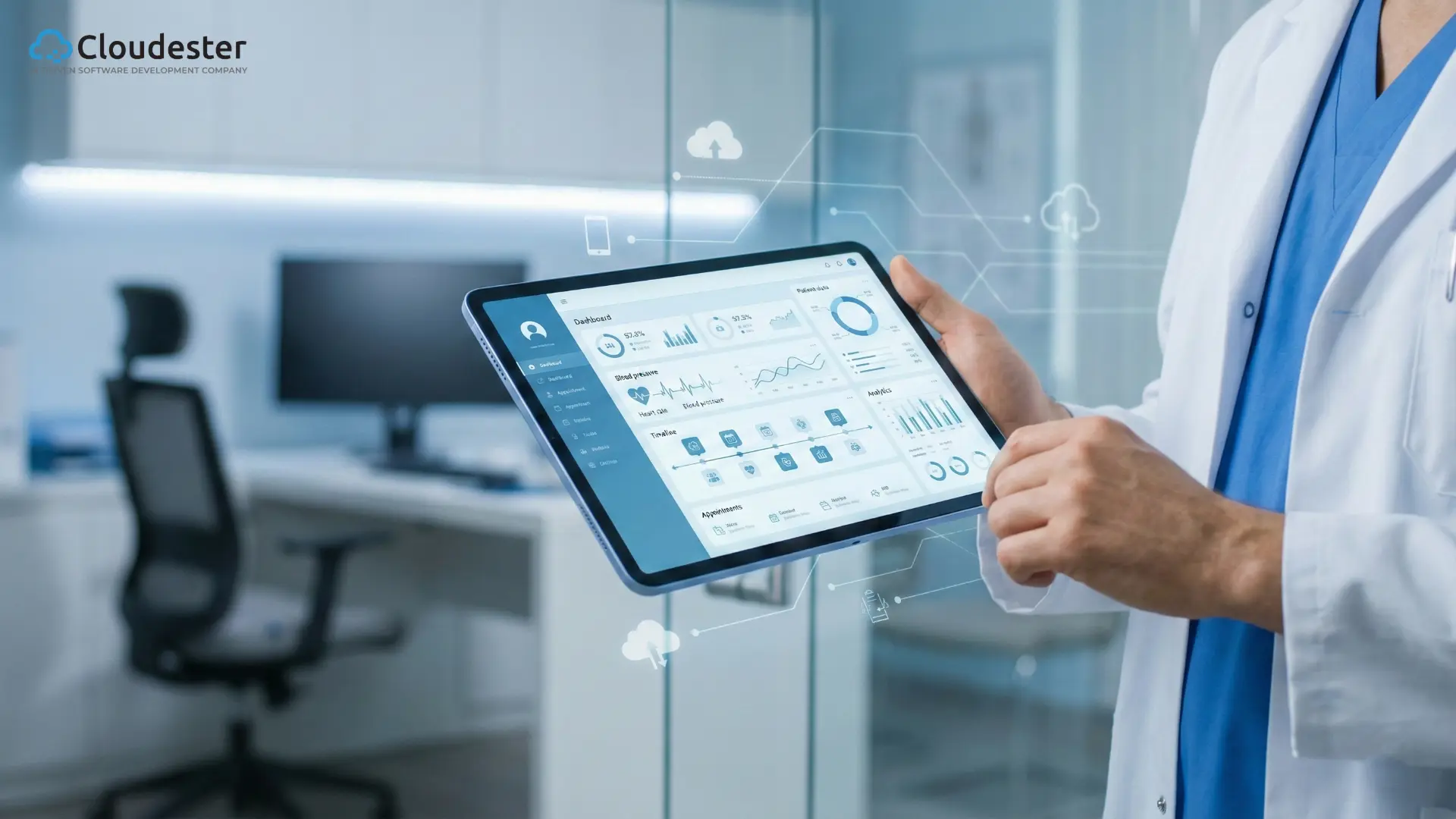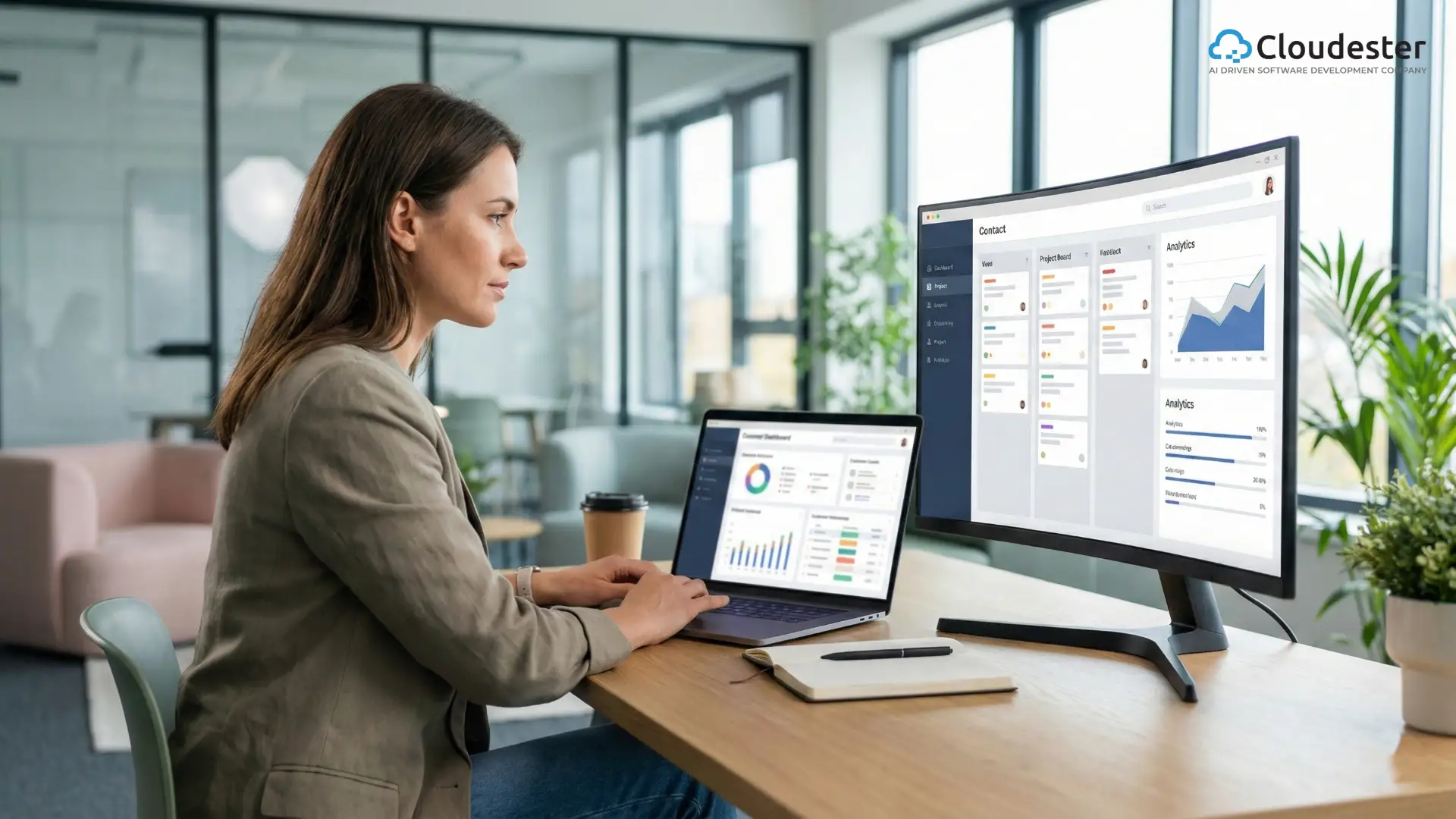Is SaaS Taxable in New York?

Software-as-a-Service, or SaaS, provides software over the internet without requiring installation or extensive maintenance. Users simply connect and use cloud hosted applications through a subscription model. As a result, businesses reduce the burden of managing servers, updates, and security while accessing scalable and cost-efficient tools on a pay-as-you-go basis.
Over the last decade, software-as-a-service adoption increased across industries. Growth accelerated, yet tax policies struggled to keep pace. With nearly 15,000 SaaS companies worldwide, many remain uncertain about tax requirements. Missteps in sales tax compliance can bring financial penalties, which makes proper tax treatment essential for SaaS operators.
SaaS and Sales Tax: Key Basics
SaaS taxation varies by jurisdiction. In the United States, states categorize software differently, including:
- Downloaded software
- Tangible software purchases
- Cloud-based access and hosted software
- Custom configured software
Because definitions differ across states, SaaS companies must review local rules to determine whether sales tax applies.
New York’s Treatment of SaaS and Cloud Services
New York views many SaaS offerings as taxable when customers access software remotely and pay for ongoing use. The state defines prewritten software as tangible personal property, even when accessed online. Therefore, licensing software for remote access can trigger sales and use tax.
New York began taxing SaaS transactions in 2008 under its sales and use tax law. The tax applies based on where the buyer uses the software. If a New York customer controls or uses the software in the state, the transaction may fall under New York tax rules. That said, companies should verify whether their product fits the state’s definition of taxable software, because certain cloud computing services have different tax treatment.
Sales Tax Compliance in New York
Businesses must collect sales tax from New York customers at the applicable state and local rates. The combined tax depends on the location of the buyer, which can vary by county or municipality.
Sales tax applies to software downloads and cloud subscriptions. New York also enforces an economic nexus threshold of US$500,000 in annual sales. When a company exceeds that threshold, it must register for sales tax obligations in the state.
Registration requires detailed documentation, which leads many companies to work with qualified tax specialists. Filing frequency depends on sales volume and may occur monthly, quarterly, or annually. Non-compliance can result in significant fines and, in cases of intentional evasion, penalties up to 200 percent of the tax owed.
Custom AI Software Development Solution For Enterprises
Why New York Taxes Many SaaS Models
New York’s tax bulletin outlines how sales tax applies to software and related services. It specifies that prewritten software, even delivered remotely, qualifies as taxable tangible personal property. However, advisory guidance also notes that some cloud computing services can fall outside taxable categories when the customer does not gain control over the software.
Because these distinctions depend on service structure, SaaS businesses must review definitions carefully or consult tax professionals before making compliance decisions.
Frequently Asked Questions About SaaS Sales Tax
- Is SaaS always taxable in the United States?
No. Tax rules vary by state. Some states tax SaaS as software access, while others treat it as a non taxable service. Review state guidance before applying tax. - How does New York treat SaaS for tax purposes?
New York often treats remotely accessed software as taxable tangible personal property. The tax applies when users in New York access or control the software. However, certain cloud services with no software control may fall outside this definition. - Do SaaS providers need to register for sales tax in New York?
Yes, if they meet the economic nexus threshold or have a physical presence in the state. The current economic threshold is US$500,000 in annual sales to New York customers. - Does a SaaS company collect sales tax based on its location or the buyer’s location?
Generally, sales tax applies based on where the customer uses or benefits from the software. Location based rules vary by jurisdiction. - What happens if a SaaS business does not comply with sales tax requirements?
Penalties can include fines, interest, and increased enforcement measures. Certain violations may result in penalties up to 200 percent of the unpaid tax amount. - Do SaaS support and add on services get taxed?
Tax treatment depends on how the state defines and classifies support services, add ons, and customization. Some may be taxable, while others may not be. Providers should confirm treatment for each service category.









